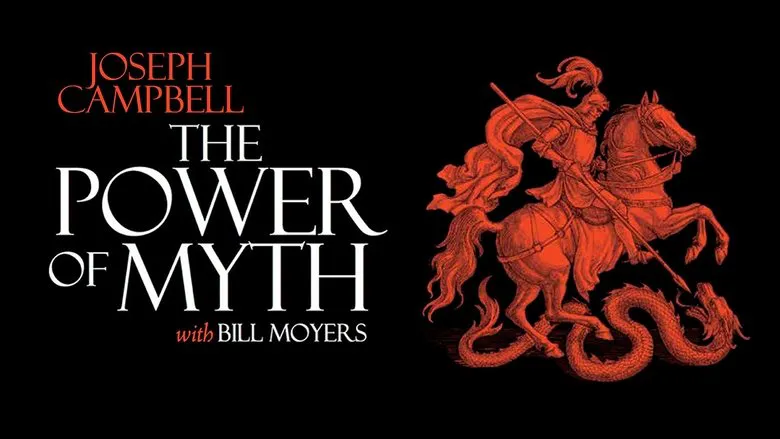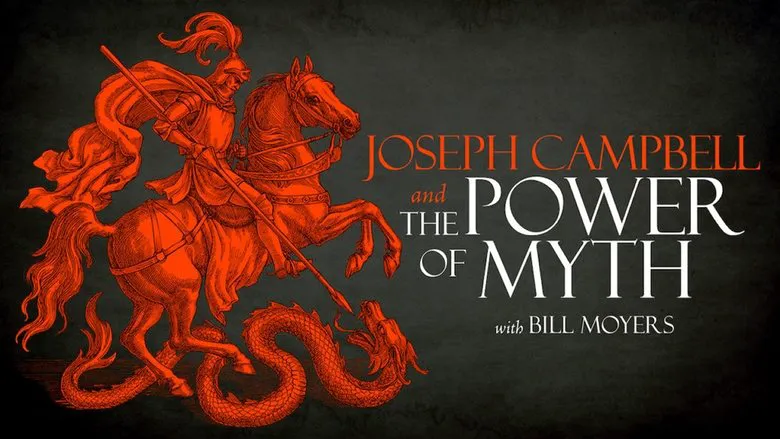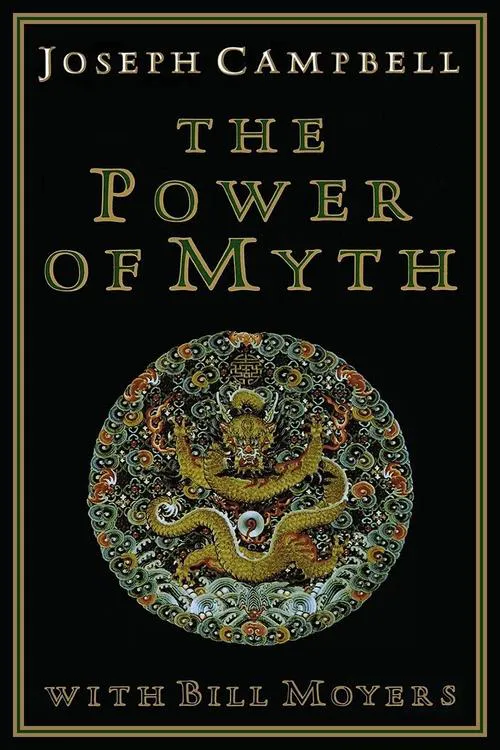Unveiling the Universal Story: The Enduring Legacy of Joseph Campbell and the Power of Myth
Few television series have achieved the profound cultural and intellectual impact of Joseph Campbell and the Power of Myth. Premiering in 1988, this six-part mini-series didn’t just discuss myths; it became a touchstone for understanding the human experience, a true phenomenon that transcended traditional academic boundaries and resonated deeply with a mainstream audience. The true “behind-the-scenes” story of this monumental work isn’t one of complex visual effects or massive film crews, but rather the powerful, organic unfolding of an extraordinary dialogue.
The Mythic Encounter: How Wisdom Met Wide Exposure
The genesis of The Power of Myth was remarkably simple: the meeting of two brilliant minds. It stemmed from a series of extended conversations between the venerable mythologist Joseph Campbell and acclaimed journalist Bill Moyers. These weren’t scripted interviews in asterile studio, but intimate, flowing discussions, primarily filmed at George Lucas’s Skywalker Ranch and the American Museum of Natural History. Campbell, already a towering figure in the academic world for his groundbreaking work, most notably “The Hero with a Thousand Faces,” had spent a lifetime studying the world’s myths, discovering universal patterns and themes that echoed across disparate cultures and centuries. Moyers, with his unparalleled ability to distill complex ideas into accessible narratives, saw the immense potential in bringing Campbell’s insights to a broader public.

The magic was in the synergy. Moyers’ thoughtful probing allowed Campbell to articulate his theories with remarkable clarity and passion, transforming what could have been dry academic lectures into a captivating intellectual journey. This natural, unforced dialogue style was paramount to the series’ success, allowing viewers to feel as if they were eavesdropping on one of the most significant intellectual exchanges of their time.
Crafting a Universal Narrative for Television
Translating Campbell’s vast scholarship into a digestible television format was the creative challenge. The series was meticulously structured into six distinct yet interconnected episodes, each designed to illuminate a specific facet of myth and its relevance. It served as a roadmap, guiding viewers through Campbell’s assertion that myths provide a framework for understanding not just history and culture, but our own psychological states and life journeys.
The series began by introducing Campbell’s core concept: The Hero’s Journey. Moyers adeptly steered the conversation through the various stages—from the “call to adventure” and the departure from the ordinary world, to the trials in the unknown, and eventually the return with new wisdom. Through rich visual storytelling and careful editing, examples ranging from ancient Greek epics like Odysseus’s journey, to indigenous North American and Australian tales, were woven throughout the discussions, making Campbell’s universal patterns strikingly evident.
Journeying Through Universal Themes: The Series’ Core Exploration
Each episode then delved into a specific, profound theme, gradually deepening the audience’s understanding of myth’s omnipresence and power.
- “The Hero’s Adventure”: Highlighted the initial paradigm shift, drawing examples like Odysseus’s monumental quest. Images, maps, and historical artworks were subtly integrated to anchor Campbell’s abstract concepts in tangible cultural narratives.
- “The First Storytellers”: Explored the very ancient roots of human narrative. Here, the series visually transported viewers to Mesopotamia and Egypt, illustrating how myths served as foundational explanations for the world, from creation stories to the roles of gods.

- “The Magic Flight”: Moved into the mystical aspects of transformation. Stories like Icarus underscored the cyclical nature of change and personal evolution, prompting introspection on the viewer’s own journey.
- “The First Love”: Tenderly explored the often-overlooked feminine principle in myth, using figures like the Egyptian goddess Isis to represent the profound power of love, motherhood, and the unconscious.
- “The Happy Prince”: Tackled the darker, yet often necessary, themes of sacrifice and redemption, drawing parallels to legends such as Orpheus’s descent into Hades to reclaim Eurydice. This segment underscored the hero’s confrontation with their own shadow.
- “Shadows and the Innocent Abroad”: The concluding episode served as a powerful synthesis, reflecting on how the hero’s journey is not just an ancient story pattern but a timeless metaphor for growth, self-discovery, and finding meaning in contemporary life.
The Resonance of Myth: Impact and Enduring Legacy
The impact of Joseph Campbell and the Power of Myth was immediate and far-reaching. It brought esoteric mythological studies out of academia and into millions of homes, sparking a renewed interest in comparative mythology, psychology, and spirituality. The series became a public broadcasting phenomenon, inspiring countless conversations, articles, and further studies. Its clarity and depth made Campbell’s ideas accessible to students, creatives, entrepreneurs, and ordinary individuals seeking meaning.

Decades later, its influence remains palpable, referenced in everything from screenwriting guides to self-help books. The simple, elegant production — focusing primarily on the profound interplay between Campbell’s words and Moyers’ questions — proved that truly compelling content needs no elaborate scaffolding. It was a testament to the power of ideas, delivered directly and passionately.
Joseph Campbell and the Power of Myth wasn’t just a TV series; it was an invitation. An invitation to look closely at the stories that shape us, to understand their universal patterns, and to embark on our own personal hero’s journey. Its legacy is not merely in the knowledge it disseminated, but in the profound curiosity it awakened in audiences worldwide.